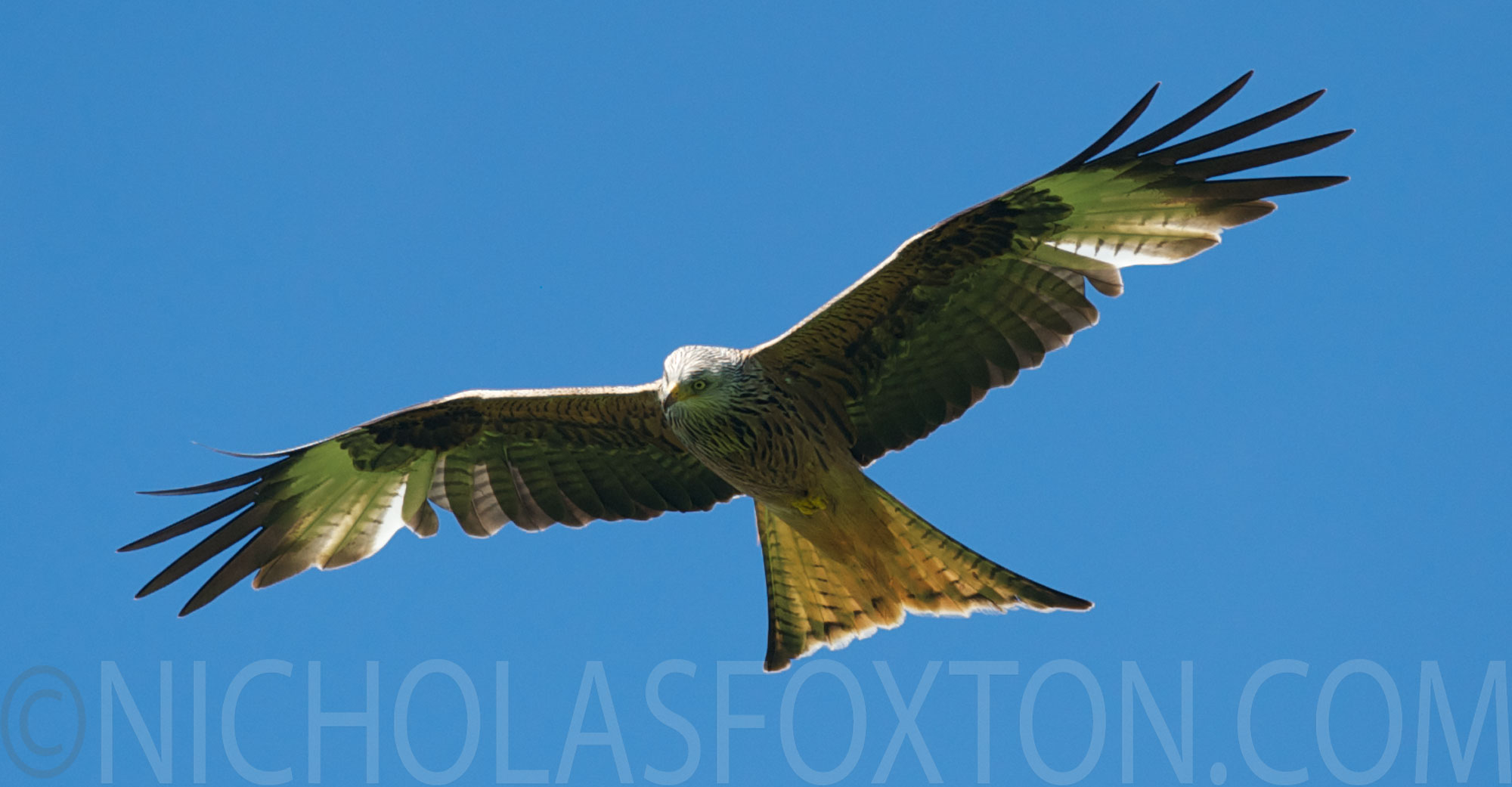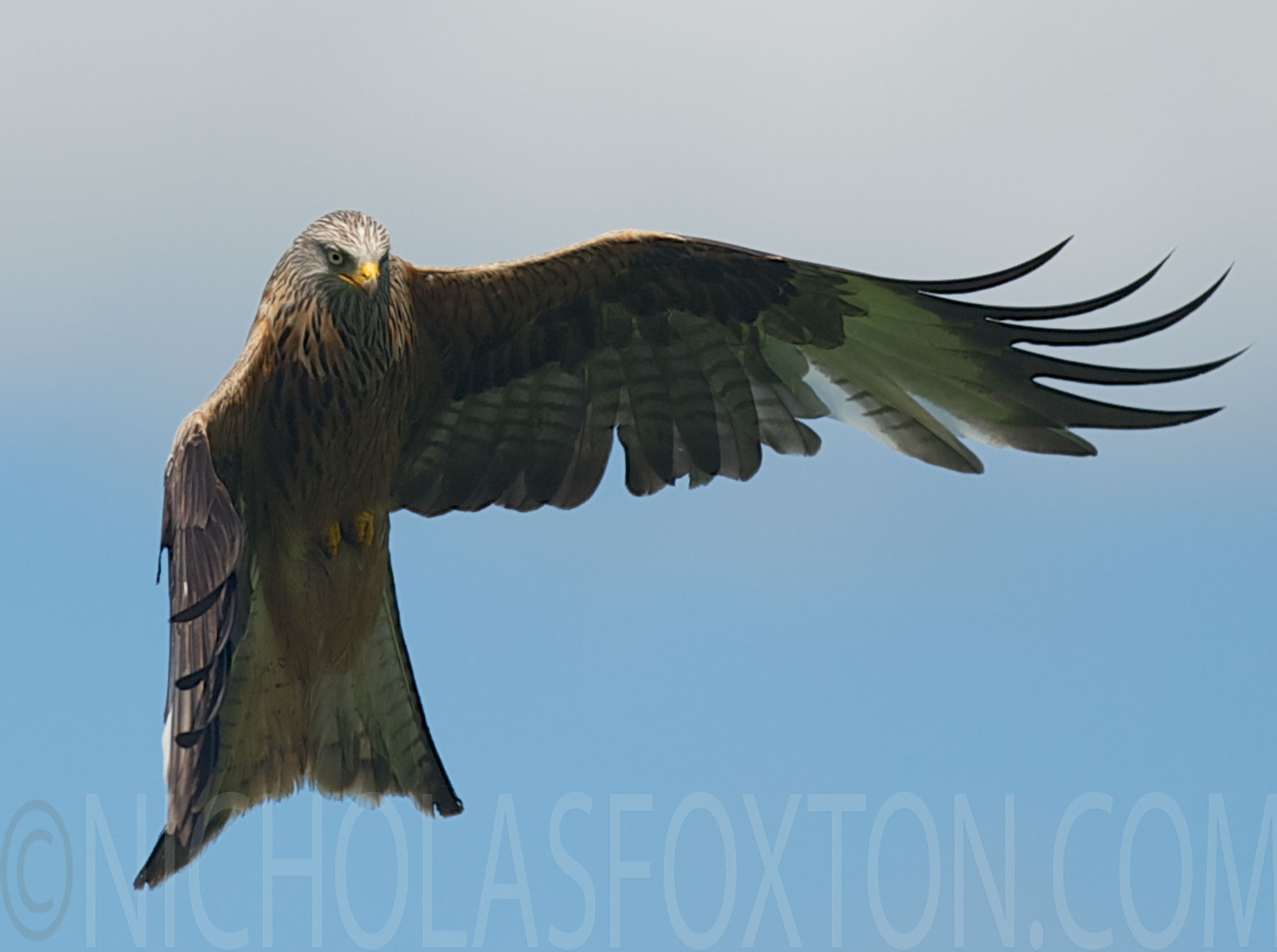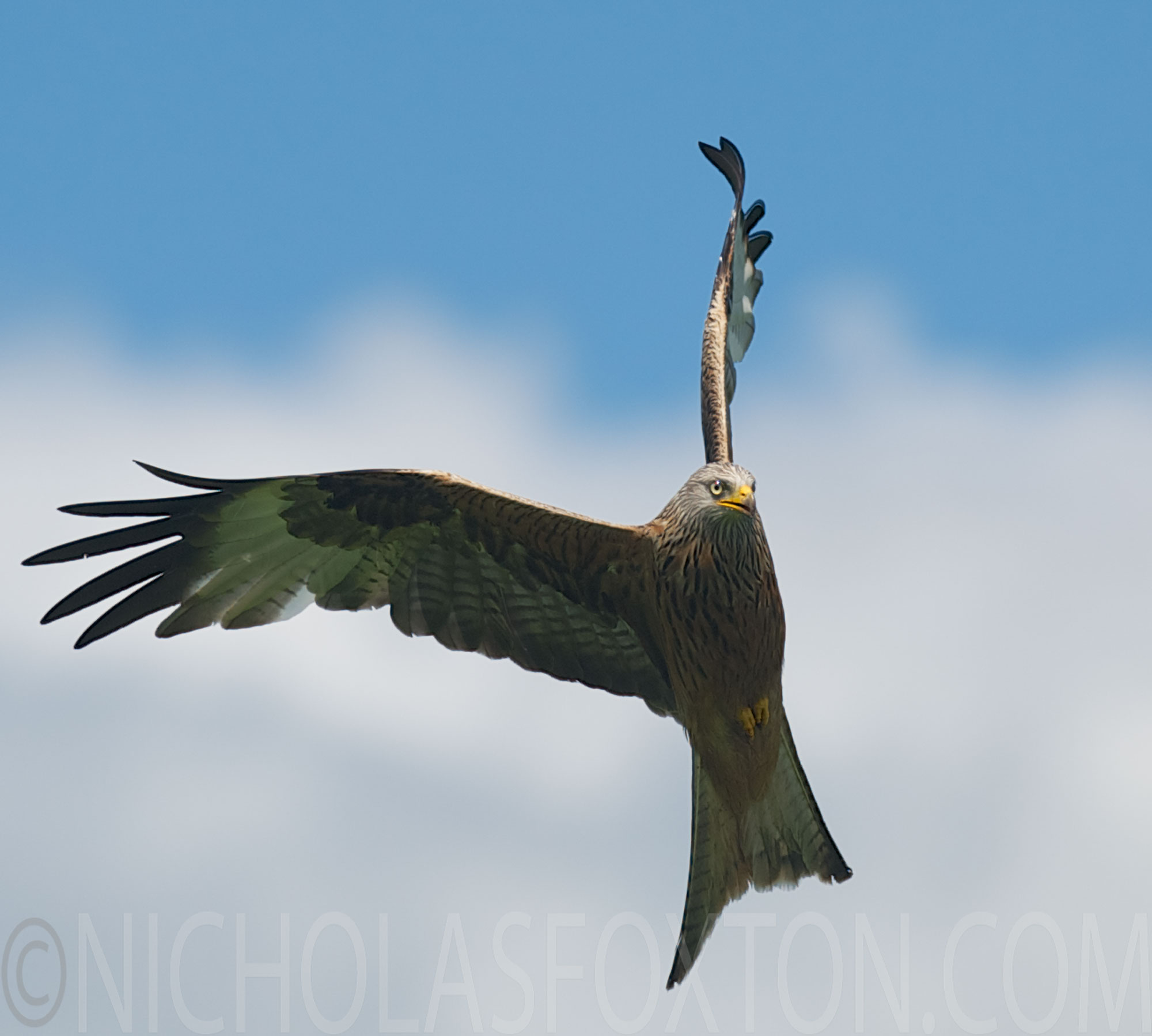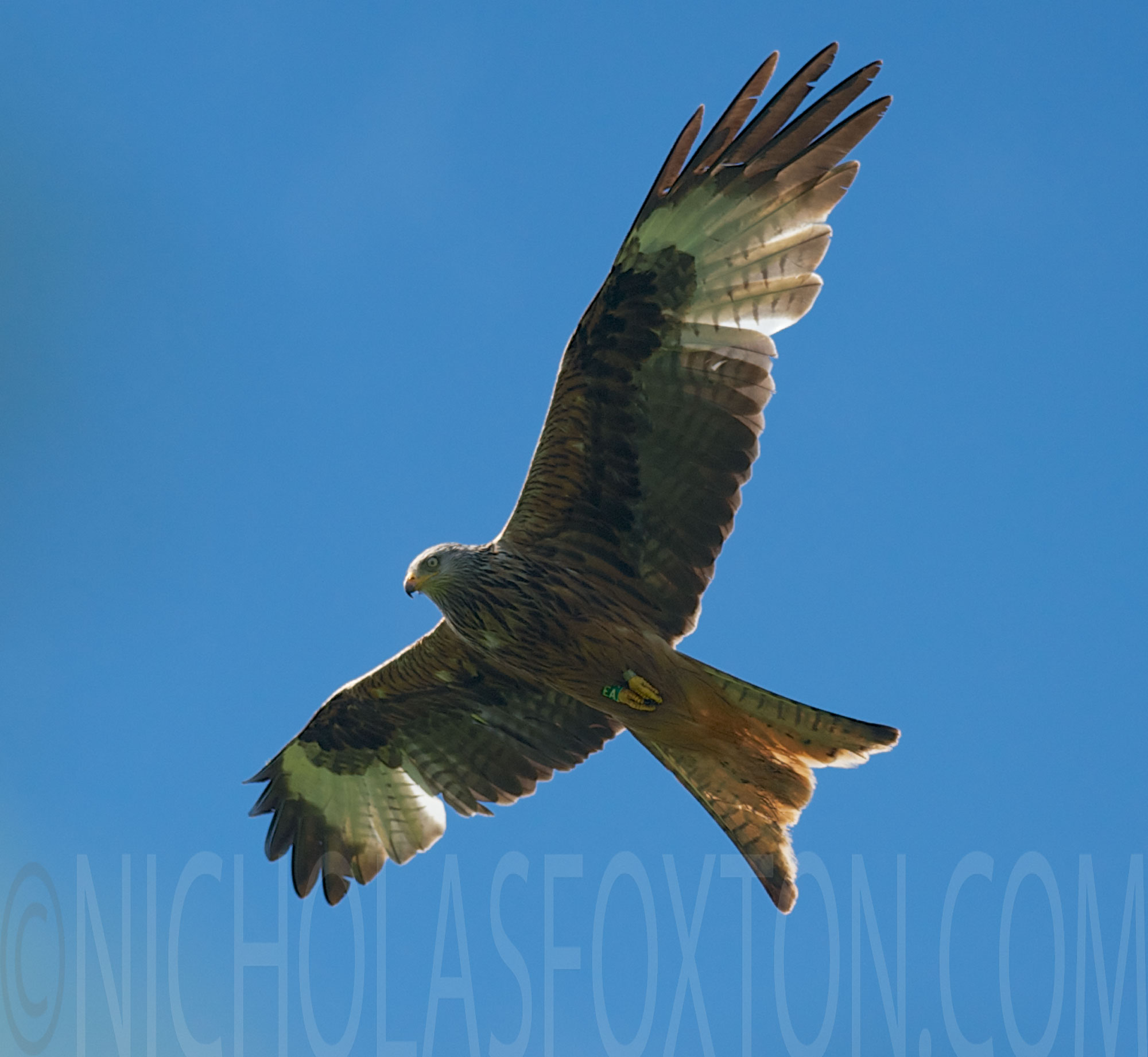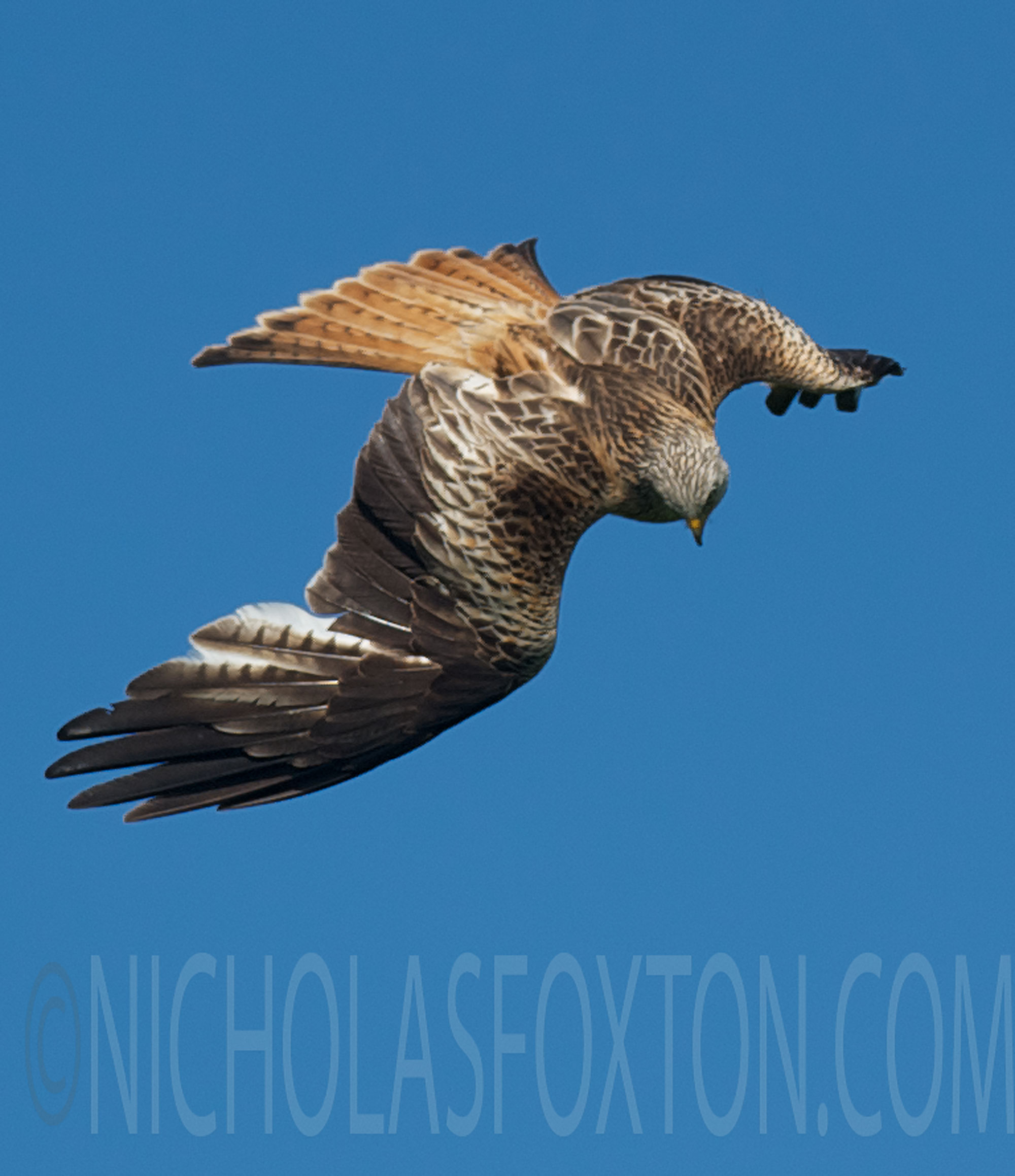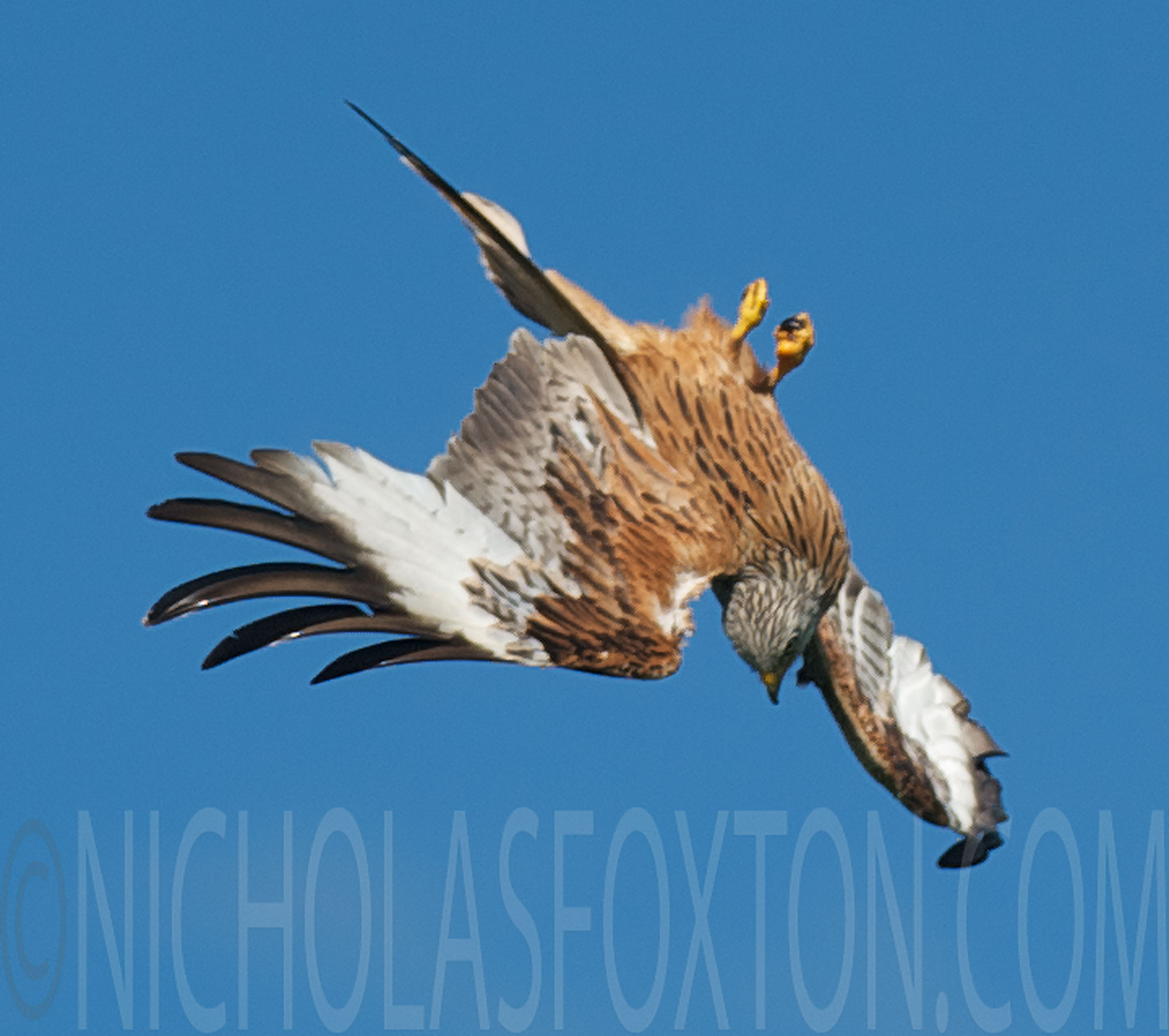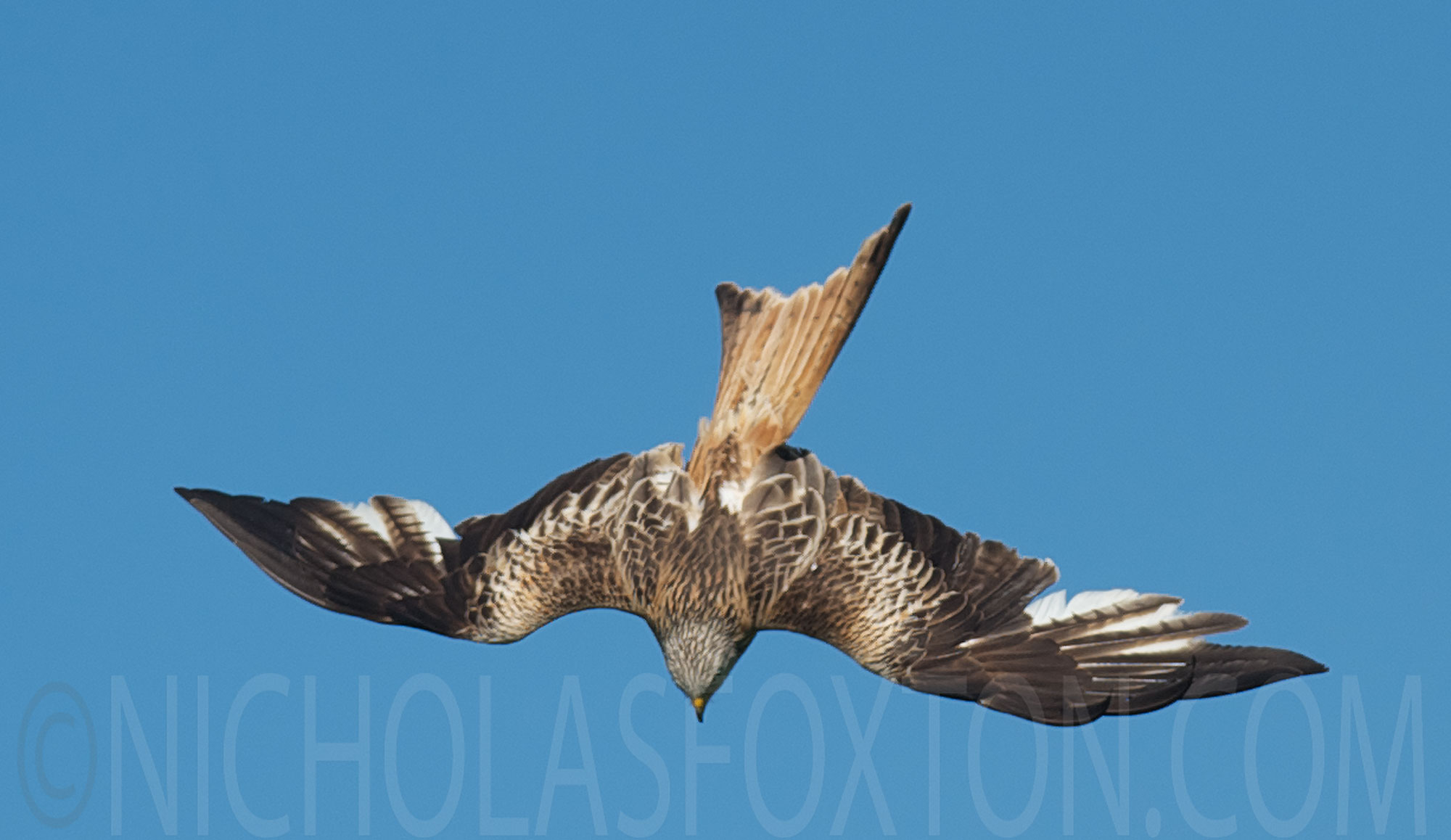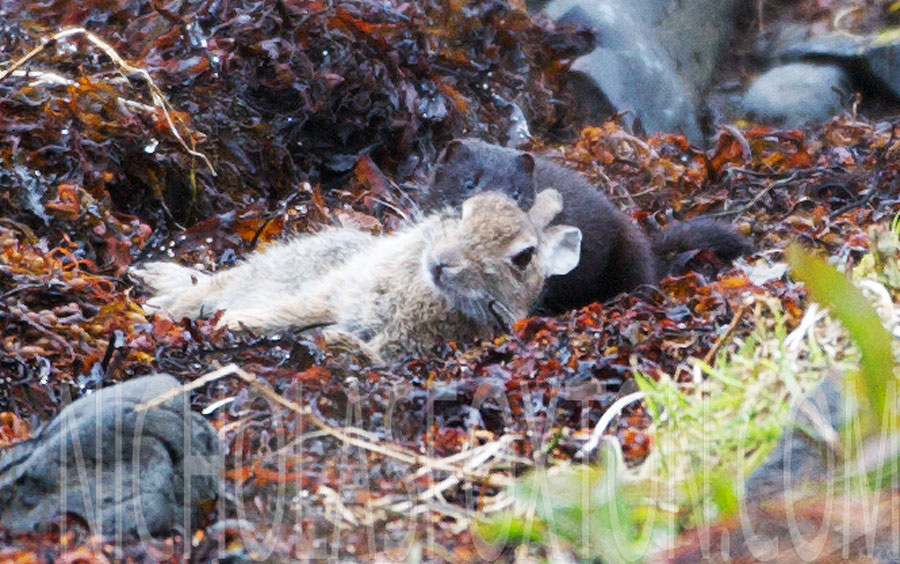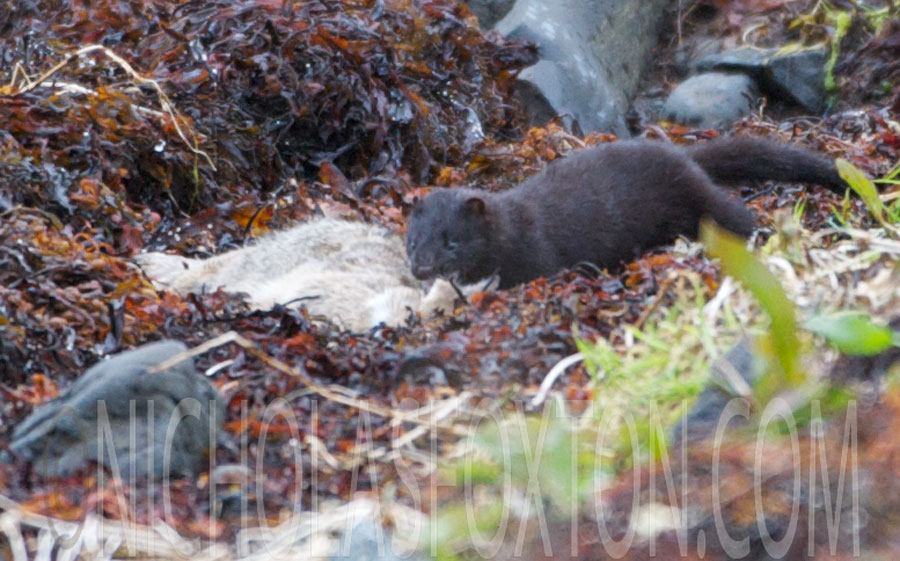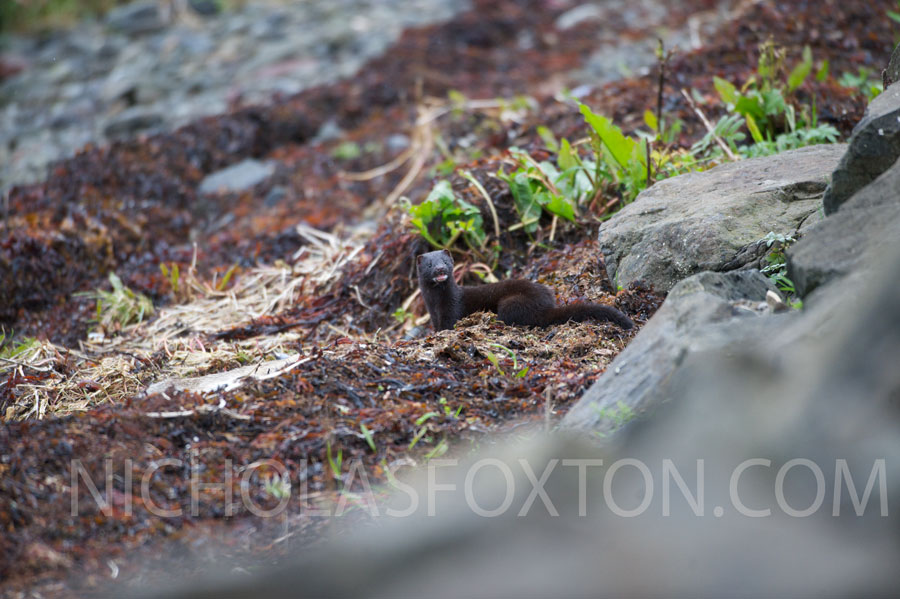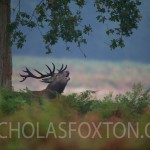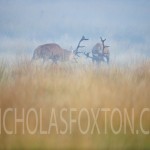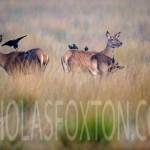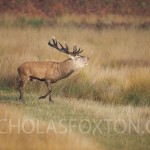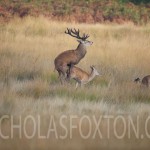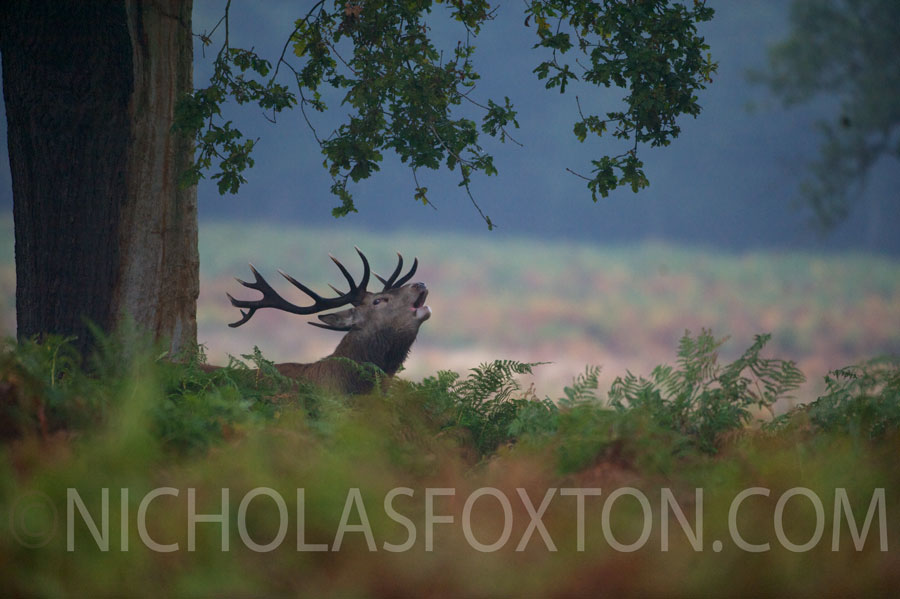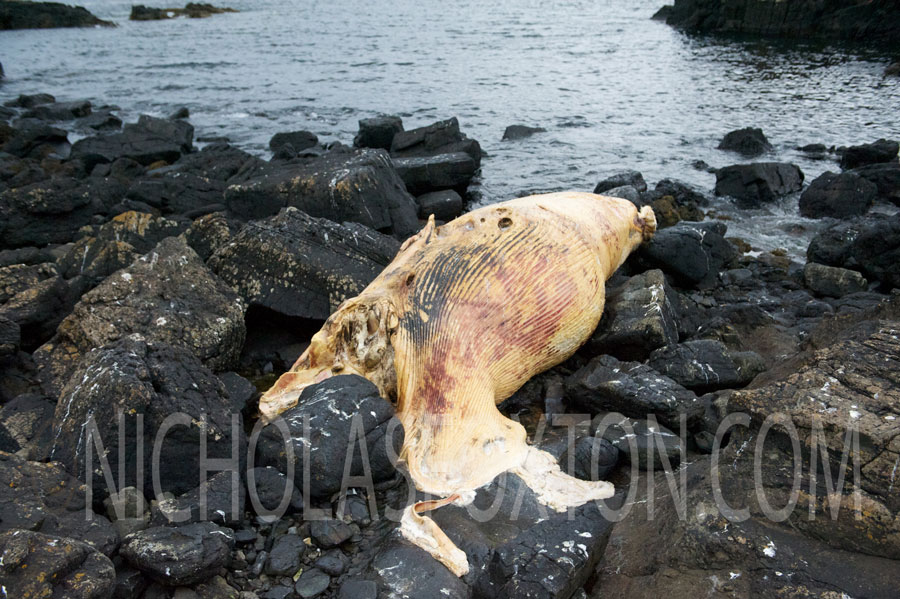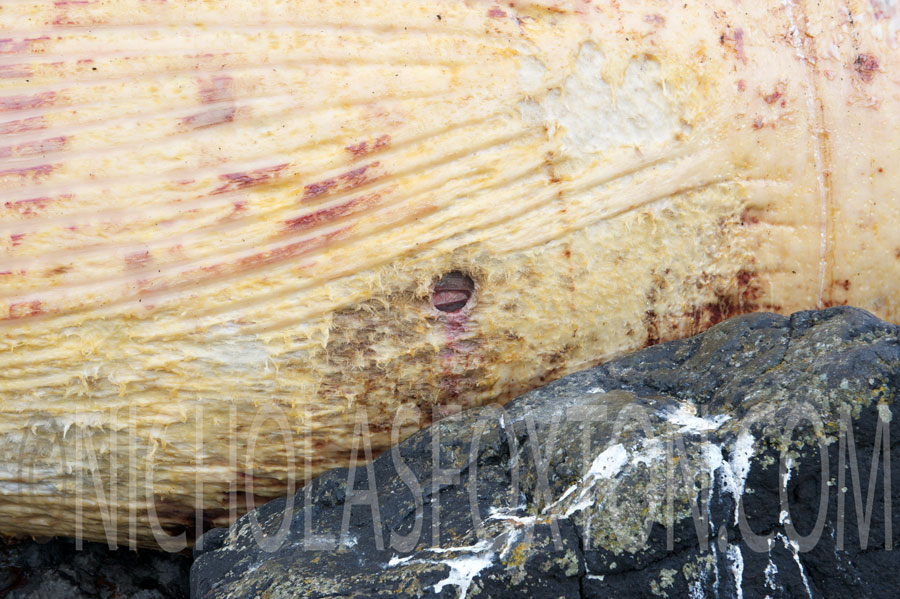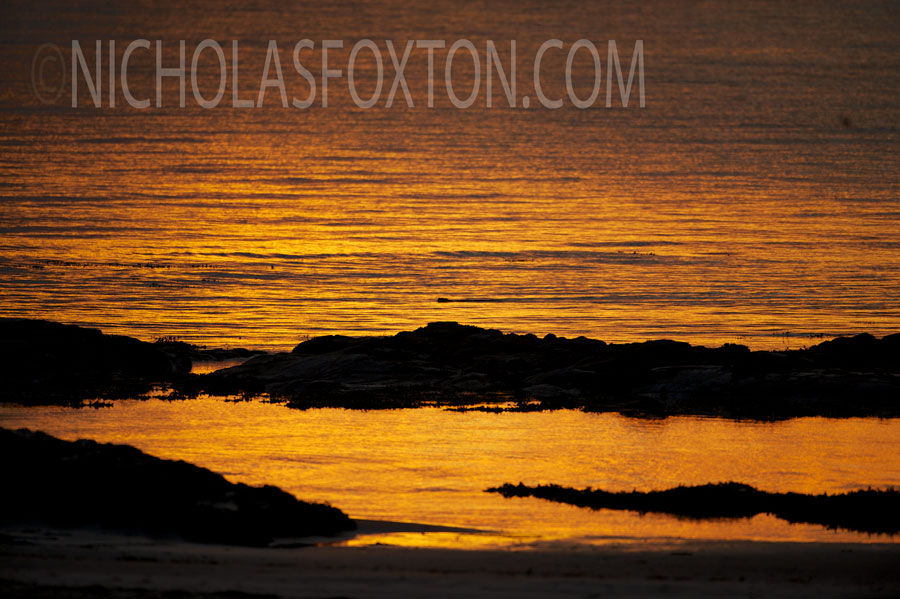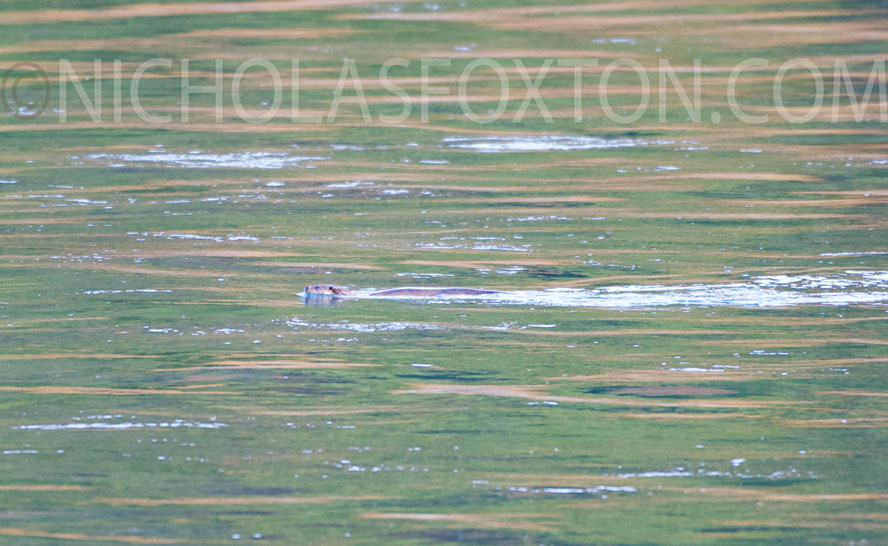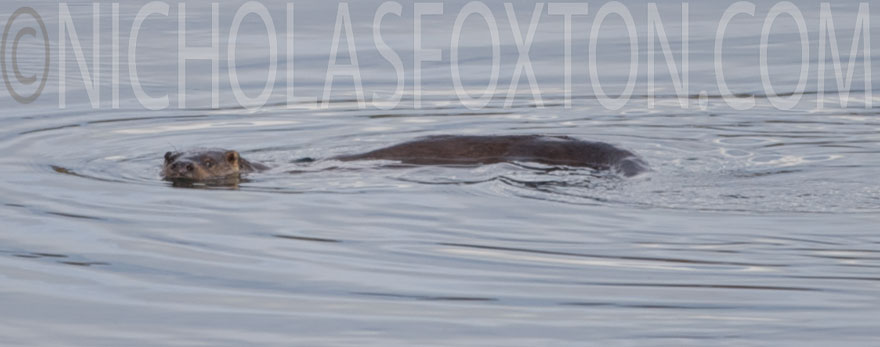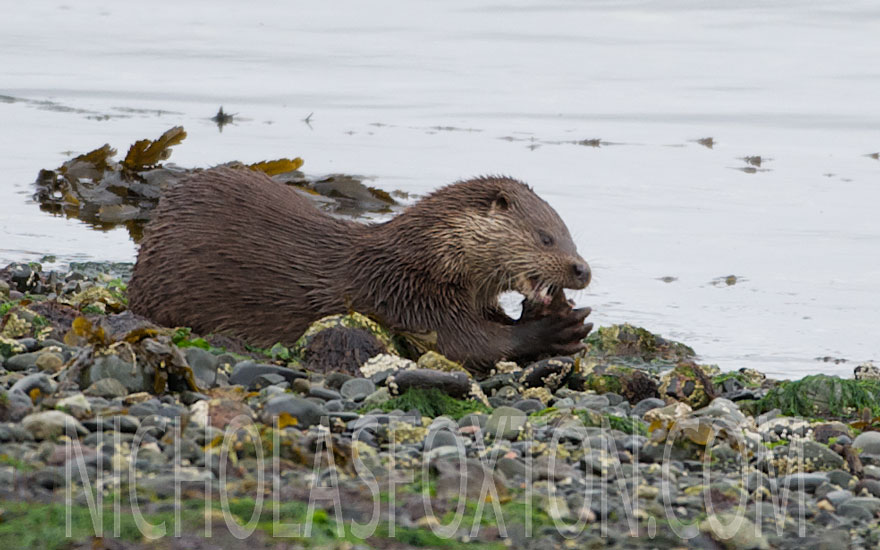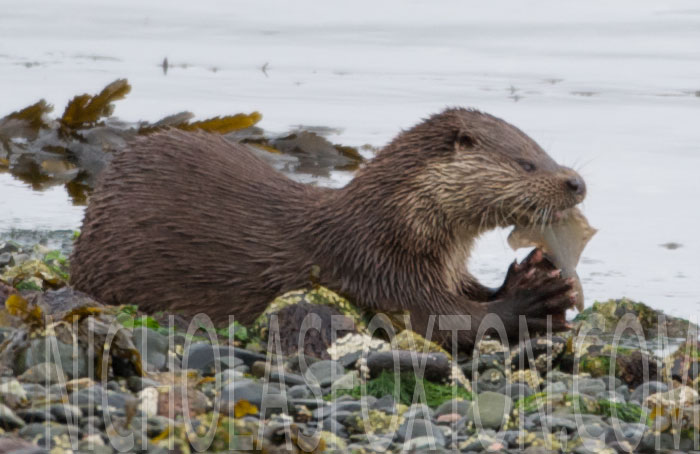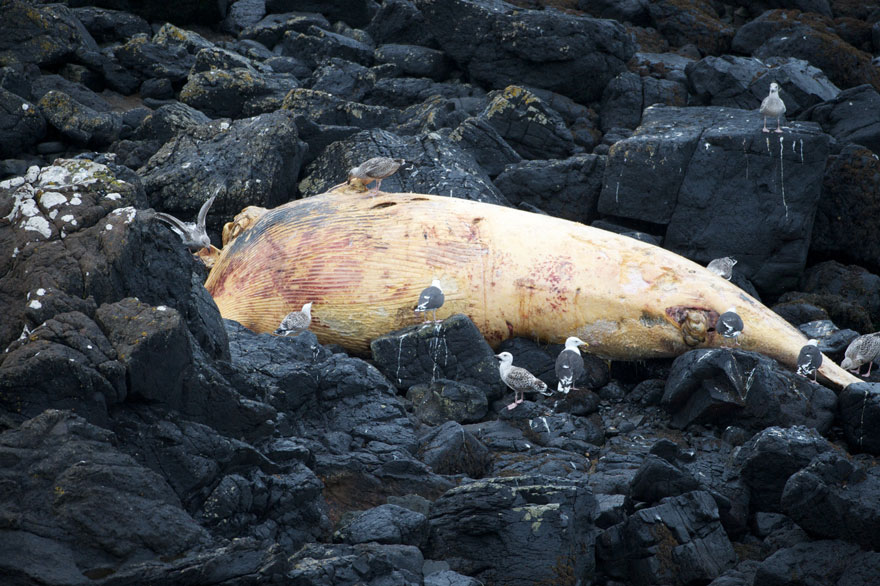I finally got round to seeing Timon of Athens last night at the National Theatre with Simon Russell Beale and was struck by the haunting lines that the city-wearied protagonist utters just as he leaves Athens;
Timon will to the woods, where he shall find
Th’ unkindest beast more kinder than mankind.
Note the classic polysemic pun around kin/kind, what Ted Hughes refers to somewhere (I’m too idle to look it up) as the classic Shakespearean double punch.
It’s a play that I knew only through repute; namely that it was a particular favourite of Herman Melville’s who co-opted the phrase Timonism to refer to an artistic rejection of humanity.
I’m working on a long piece of fiction at present that treats of this or perhaps it is more accurate to say I’m being worked on or worked through by the theme. That is a piece of arch shorthand to denote sleepless nights, hauntings and peculiar synchronicities that emerge from thinking about something too hard. Once more unto the beech …

